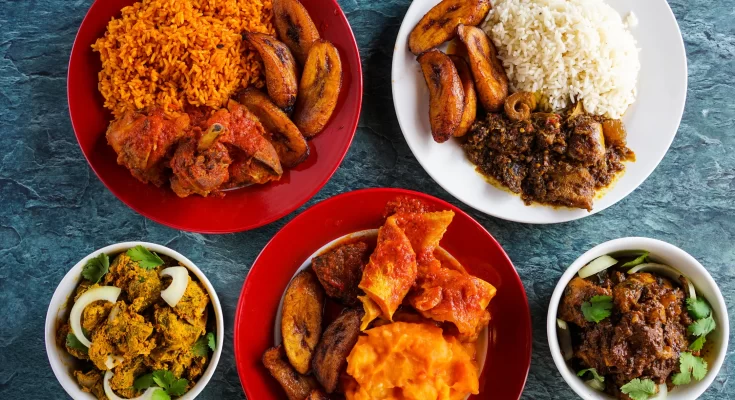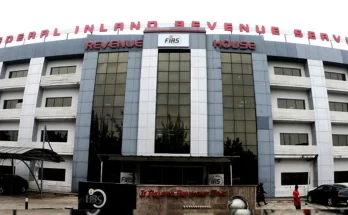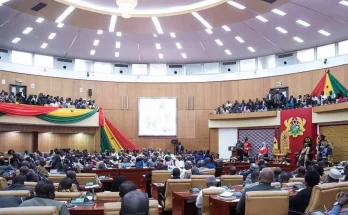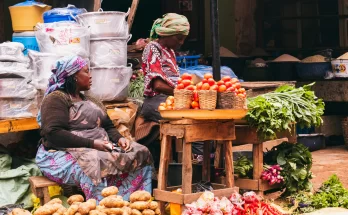A legal battle has commenced over the application of Value Added Tax (VAT) on food sold in restaurants and hotels across Nigeria.
Senior Advocate of Nigeria (SAN), Chief R.O. Balogun, has filed a lawsuit at the Federal High Court in Ilorin, Kwara State, seeking to nullify a provision in the 2020 VAT Modification Order, which mandates the collection and remittance of VAT on basic food items sold in hospitality establishments.
Dispute Over VAT Exemptions on Food Items
The 2020 VAT Modification Order initially expanded the list of tax-exempt food items, including agro- and aqua-based staple foods. However, a controversial clause in the order stated that this exemption does not apply to food sold in restaurants, hotels, eateries, lounges, and similar establishments.
This provision was introduced under the authority of Zainab Shamsuna Ahmed, former Minister of Finance, Budget, and National Planning, to clarify the scope of VAT exemptions under the VAT Act.
Legal Argument Against VAT on Restaurant Food
Chief Balogun is challenging the validity of the VAT provision, arguing that it contradicts the VAT Act, which exempts basic food items from taxation. He seeks an order to nullify the portion of Order 33 of the VAT Modification Order that imposes VAT on food sold in hospitality venues.
The suit, which also names the Economic and Financial Crimes Commission (EFCC) and the Attorney General of the Federation as defendants, argues that the provision violates existing tax laws and should be declared unconstitutional.
Nigeria: House of Reps Advances Multiple Tax Reform Bills
EFCC’s Alleged Overreach in VAT Enforcement
The legal challenge extends beyond tax policy. The plaintiff has accused the EFCC of exceeding its jurisdiction by attempting to enforce VAT compliance through alleged harassment of his client, Ibigbemi Oloruntobi, owner of Item 7 Go, a restaurant business.
According to the plaintiff, the EFCC demanded VAT remittance records from the business under the guise of a money laundering investigation. Balogun contends that failure to collect VAT does not amount to tax evasion or an economic crime, which falls outside the EFCC’s mandate.
Call for Proper VAT Enforcement by FIRS
The plaintiff insists that VAT compliance falls under the jurisdiction of the Federal Inland Revenue Service (FIRS). He argues that if there is any case of non-compliance, FIRS should pursue recovery through civil proceedings rather than criminal enforcement by the EFCC.
“Failure to collect VAT has not been criminalized. What is criminalized is tax evasion, not non-collection of VAT,” Balogun stated in his argument.
EFCC’s Money Laundering Probe
Court documents reveal that the EFCC’s Special Control Unit Against Money Laundering (SCUML) is investigating Item 7 Go for alleged non-compliance with the Money Laundering (Prevention and Prohibition) Act.
The investigation includes scrutiny of the company’s banking transactions, statements of account, and BVN details.
SCUML, responsible for collecting statutory reports and forwarding them to the Nigeria Financial Intelligence Unit (NFIU), is assessing whether the restaurant’s financial operations align with regulatory standards.
Implications for Tax Administration in Nigeria
This case raises critical questions about VAT enforcement and the extent of regulatory oversight in tax compliance. The decision of the Federal High Court could set a precedent for VAT application on food sold in the hospitality sector.
The court has scheduled the hearing for March 3, 2025, with notices to be served to all parties involved. Stakeholders in the tax and business sectors will be closely monitoring the outcome, as it could redefine the scope of VAT in Nigeria’s food and hospitality industry.




